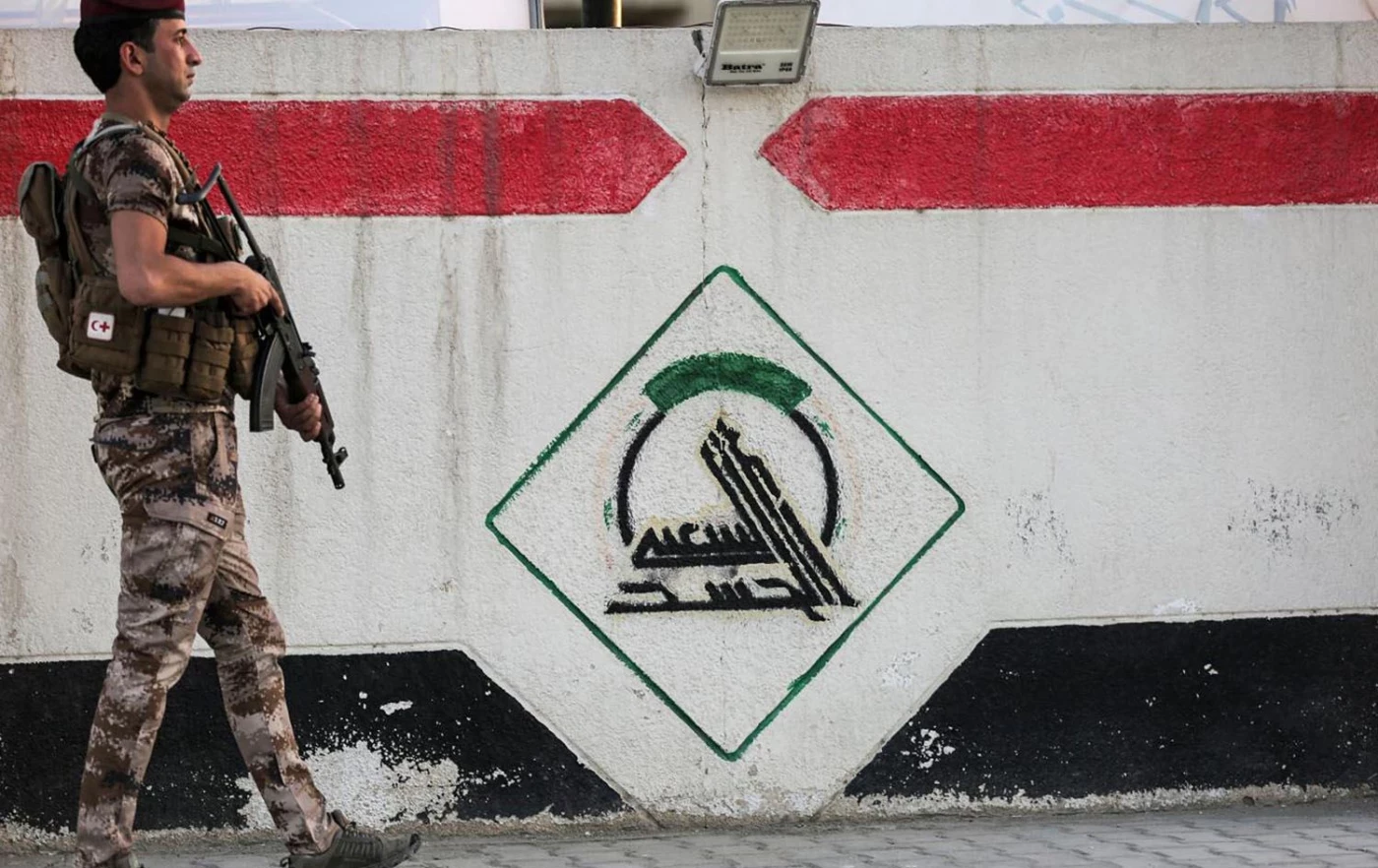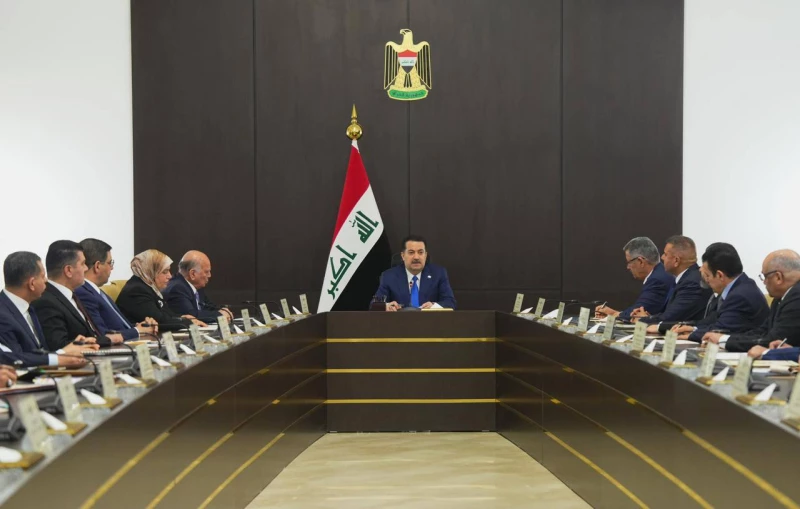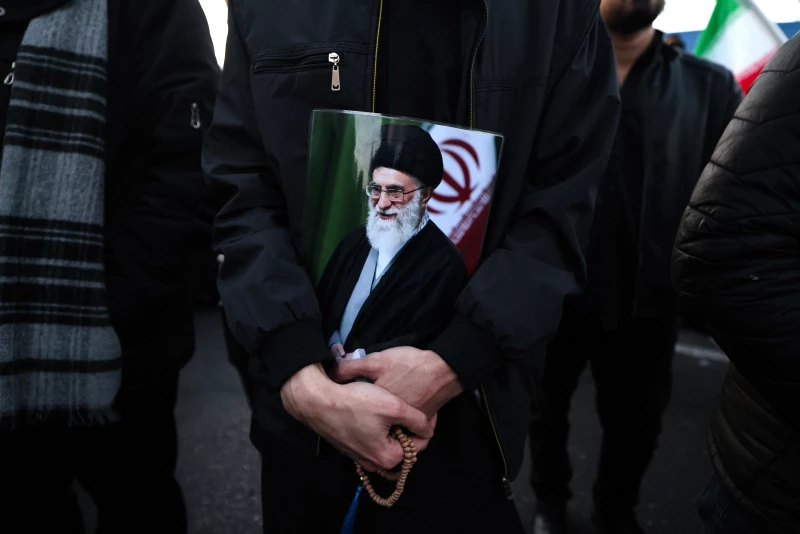ERBIL, Kurdistan Region of Iraq - Political researcher Nabil al-Azzawi on Sunday explained the differences between Iraq’s new Popular Mobilization Forces (PMF) law and the legislation passed in 2016, criticizing international opposition to the bill.
Azzawi told The New Region that the 2016 law was passed by a parliamentary majority and recognized the PMF as part of Iraq’s official military under the authority of the commander-in-chief of the armed forces, who is the prime minister.
The law made the PMF an official state entity, receiving orders like the interior and defense ministries, directly from the prime minister only, “and not from any other group regardless of its ideology or religious identity,” said the researcher.
“The PMF became a combat force equipped with various military gear and ready to receive any order to defend Iraq… Under the law, the Popular Mobilization Commission [PMC] was also given a chairman, but this chairman reported to the prime minister,” Azzawi added, claiming that passing the law at that time was “a necessity to protect the institution from any internal or external interference.”
But Azzawi noted that the 2016 law did not spell out issues such as structure, institutionalization, retirement, benefits, or compensation for the families of fighters killed in battle. He said the new law is intended to fill those gaps and to place PMF personnel on equal footing with members of other security institutions.
“This is a legal right guaranteed by the constitution and law, reflecting fairness for all those serving the state,” he said.
The US has strongly opposed the PMF bill, saying the draft law undermines Iraqi sovereignty and risks increasing Iranian influence in the country.
Azzawi criticized Washington’s reaction to the legislation, calling it unjustified interference in Iraq’s internal affairs. “It is strange and surprising to see US objections to what is essentially an organizational matter,” he said. “Some American decision-makers believe restructuring the PMF grants legitimacy to the factions under its umbrella, and that is why they are uncomfortable with this step.”
He added that PMF factions themselves have abided by the Iraqi state’s decision not to involve themselves in the ongoing regional conflict. For that reason, he said, most political forces in Iraq now believe the new law must be passed to complement the 2016 legislation.
“Even political blocs are convinced of the necessity of passing this law,” Azzawi said. “It is more humanitarian than political.”
Michael Mitchell, the Arabic spokesperson for the US State Department, told The New Region last week that passing the PMF bill could result in “negative repercussions” for Iraq.



 Facebook
Facebook
 LinkedIn
LinkedIn
 Telegram
Telegram
 X
X


